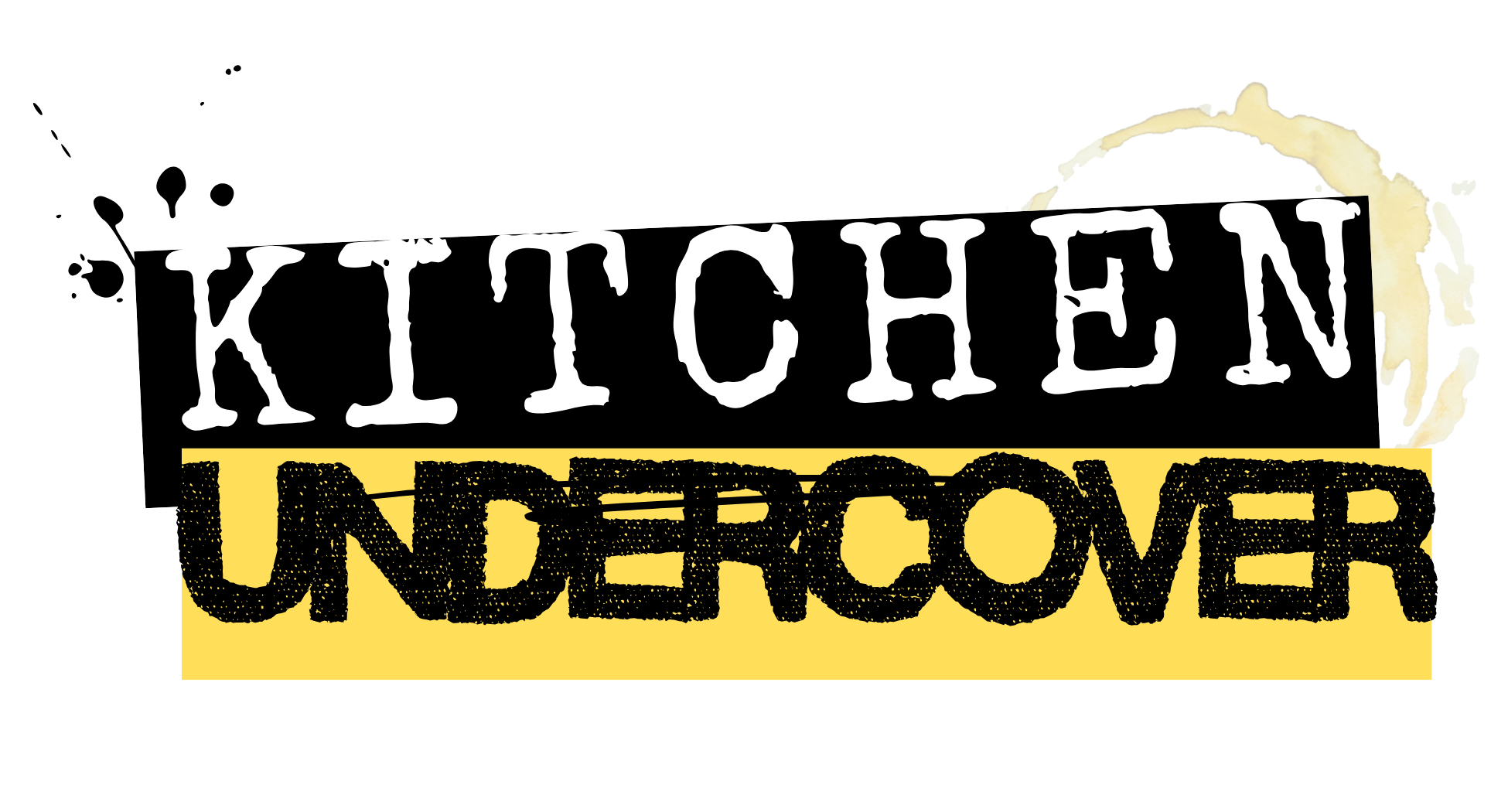Restaurant Name: Gritz N Waffles
Owner: Jurni
Location: Los Angeles (Mid-City)
Number of Staff Per Shift: 12
Busiest Shift: Saturday & Sunday Brunch
Gritz N Waffles is the Southern-inspired brunch house that its founder, Jurni, built from pure grit, hustle, and hospitality. A 25-year restaurant veteran with a front-of-house background, she started Gritz N Waffles in a tiny 10-table downtown Los Angeles space where she took orders, cooked, ran food, and created a word-of-mouth neighborhood spot. That first location was charming but cramped, and when the lease ended, she seized the chance to finally scale her dream. In January 2025, she signed the lease on a new space more than twice the size: beautifully designed, fully branded, and capable of seating the crowds she had outgrown in the tiny space. For the first time, Gritz N Waffles could operate like a real, restaurant instead of a scrappy hole-in-the-wall.
But almost immediately, that dream was derailed. After firing two problematic employees, those disgruntled workers allegedly called the health department with false claims of rats and roaches. The inspector found none of that, but what they did discover was that her health permits had been filed incorrectly by the people she trusted. Overnight, Gritz N Waffles was shut down. What followed was eight brutal months of re-submitting permits, paying $11,000 a month in rent on a restaurant she wasn’t allowed to operate, and scrambling to survive through weekend test runs, catering, and borrowing money from friends and her mother. By the time she finally reopened in September of 2025, she was deep in debt but determined not to let everything she’d built slip away.
Now back open, the restaurant is thriving on the surface but struggling behind the scenes. Jurni is the first to admit she’s a FOH expert who knows nothing about running a kitchen, “building the plane while flying it,” as she puts it. Ticket times balloon, the line bottlenecks, plates leave the pass sloppy or inconsistent, and communication collapses the moment things get busy. There’s no true kitchen manager, tensions simmer between key cooks, and the infrastructure is literally overloaded… they can’t even plug in a third waffle iron without blowing the power! In the front of the house, the bigger space has exposed new problems: hosts leave the stand, bussers try to play server, and a few staffers wilt the moment a table gives them attitude. Layered on top of that are the personal burns, friends she hired who stole from her, lied about their skills, or drank on the job, leaving her cautious but desperate for real guidance.
Jurni knows the restaurant operates differently when she isn’t there, and she wants eyes on the truth: who’s strong, who’s struggling, who can lead, and what systems are quietly sinking her momentum. She has poured everything: money, time, reputation, and heart into making Gritz N Waffles her life’s work. There is no backup plan. With the right undercover support, she has a real chance to stabilize the operation, protect her brand, and finally turn this hard-won second location into the smooth, scalable success she knows it can be.
Issues:
Long Ticket Times & Bottlenecked Line: Weekend rushes routinely overwhelm the kitchen. With only two functioning waffle irons, and a third that blows the power if plugged in, production grinds to a halt. As volume increases, ticket times skyrocket, frustrating guests and increasing the likelihood of sloppy mistakes.
Inconsistent Food Quality & Sloppy Plating: Dishes often leave the pass looking messy, undercooked, overcooked, or poorly assembled. Some team members treat $30 plates like fast-food orders, sending out soggy waffles, flat waffles, improperly garnished dishes, or meals that simply don’t meet the brand’s elevated standard.
Poor Communication During High Volume: When the kitchen gets busy, the cooks stop talking. Instead of coordinating, calling out needs, or problem-solving in real time, the line goes silent. This leads to duplicated work, missing items, and preventable delays that compound the chaos.
No Clear Kitchen Leadership: There is no back-of-house manager or executive decision-maker. Responsibilities fall to whoever happens to be working that day, creating inconsistency in expectations, workflow, and accountability. Without a designated leader, standards slip the moment the pressure hits.
Tension & Conflict Among Key Line Cooks: Personal friction between cooks, especially between Leslie and Tyler creates a toxic undercurrent. They avoid working near each other, resist communication, and allow personal issues to affect their performance, contributing to inefficiency and morale challenges.
Role Confusion & Lack of Defined Lanes: The larger space requires clear job separation, but staff still operate with a “tiny restaurant mentality.” Hosts reset tables, bussers take on server duties, and everyone drifts into tasks that aren’t theirs, creating confusion, inefficiency, and missed steps.
Host Stand Abandonment & Seating Problems: Hosts frequently leave the stand without notifying anyone, leading to long waits, incorrect table rotations, and uneven sections. This results in overwhelmed servers, irritated guests, and chaotic first impressions at the front door.
Staff Attitude Swings & Emotional Reactivity: Some servers struggle to maintain professionalism when dealing with demanding or unhappy tables. Their energy shifts mid-shift, which guests feel immediately. Instead of hospitality, frustration becomes the tone hurting service and undermining the restaurant’s brand of, “Southern Hospitality.
Reliability, and Accountability Issues: Repeat callouts, tardiness, and unapproved shift drops disrupt the schedule and place pressure on the team. Even with a performance-based scheduling system, some employees fail to show up or fail to cover their shifts, creating operational instability during peak service.


